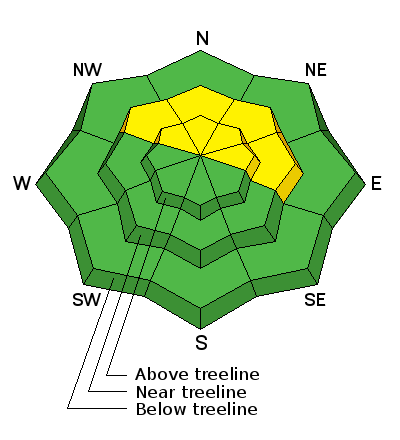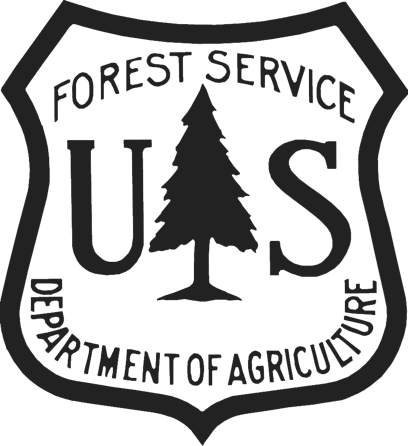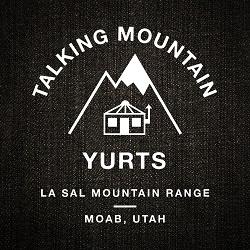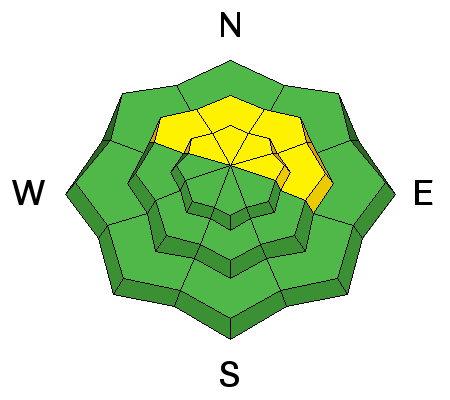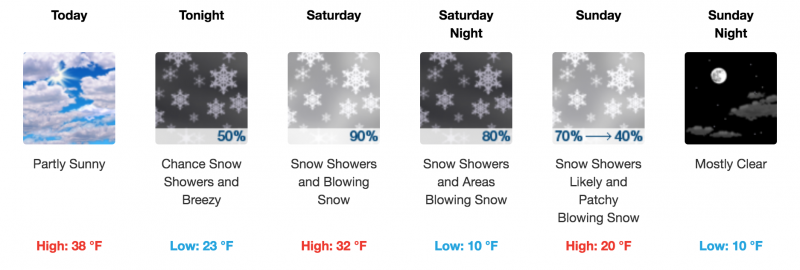We have begun issuing regular avalanche advisories. Field observations taken since the last storm cycle have revealed that there is enough snow cover to create an avalanche hazard in some areas. Snow cover remains very thin, and backcountry travelers are advised to exercise caution due to an abundance of barely covered obstacles.
We've scheduled our annual Backcountry 101 avalanche course for Feb 2,3. For more information or to register go here.
We've also scheduled a Motorized Backcountry 101 for snowmobiles and snowbikes. For more information or to register go here.
Skies are mostly clear, southerly ridge top winds are averaging 20-25 mph with gusts to 40, and it's a balmy 35 degrees at the Geyser Pass Trailhead.
Overall coverage ranges from 10" at the Geyser Pass Trailhead to up to 20" in drifted areas right around treeline and above. In between, sun exposed slopes that had no snow on the ground prior to the last storm cycle have 6" or less, and many wind exposed, upper elevation slopes show bare rocks. Actual turning on skis or snowboards is not recommended, and snowmobiling off of the roads is asking for a damaged machine.
Prior to the December 21 storm most of the terrain was still dry ground. The exception was sheltered, north facing slopes below treeline, and some scattered, protected areas in the alpine where snow had collected in gullies or depressions.
Snowfall History: Dec. 21- 10" Jan. 7 - 4" Jan. 9 - 2" Jan. 10 - 2" Jan. 11 - 4"
New snow totals in Gold Basin.
Snow totals at the Geyser Pass Trailhead, (9600')
Wind, temperature, and humidity on Pre Laurel Peak (11,700')
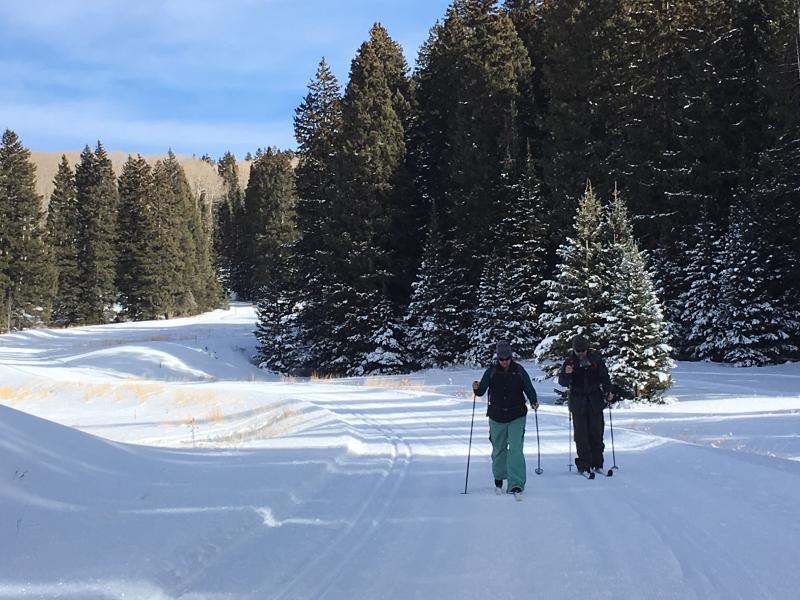
Matt put down a fresh coat of corduroy on Thursday, and recreating on groomed trails is probably the best game in town right now.

